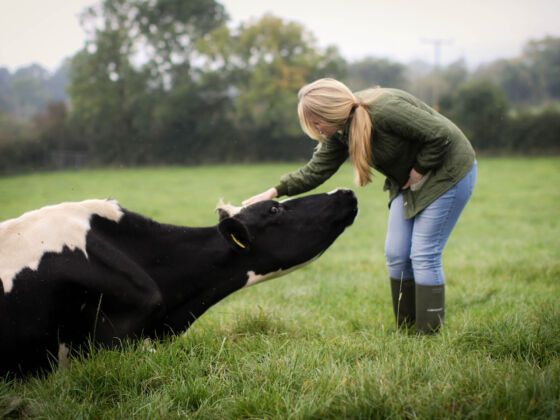Exposure to organic farming techniques, harvesting potatoes, fixing farm fences, milking goats, and feeding chickens were WWOOFing experiences we had mentally prepared for.
The compost toilet, however, was not.
Together we studied the Humanure Compost Toilet Manual. It read, “There are two types of people in this world. Those that sh*t in their drinking water and those that don’t.”
